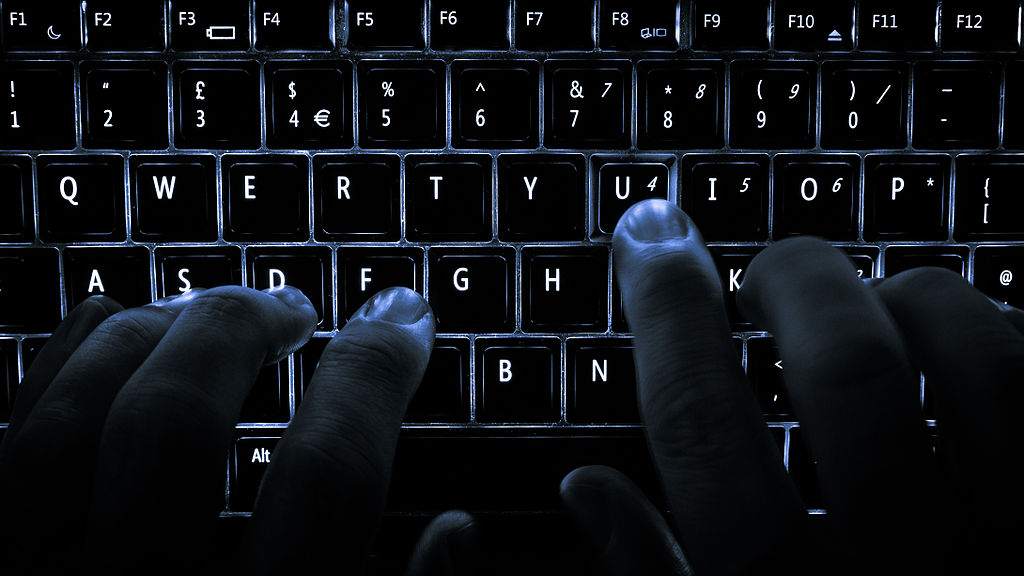Connecting your computer to the internet is like leaving your house unlocked- eventually someone will wander in and empty your jewellery box. You wouldn’t leave your house at risk so the same should go for your computer!
Net threats don’t leap onto your machine through mere proximity. They arise when someone exploits a combination of your PC’s unique IP (Internet protocol) address and one or more of the thousands of TCP (transmission control protocol) and UDP (universal datagram protocol) ports that serve as the door to your system. I know I said it was simple but I promise this next part is!
Install a Firewall
There are two types of firewall available; a software firewall and a hardware firewall.
A firewall creates a barrier between the computer and any unauthorised program trying to come in via the internet.
Install Antivirus Software
Antivirus Software is another way to protect your computer. It helps protect your computer from any unauthorised software which creates a threat to the system. Unauthorised software includes:
Keyloggers- a computer program which logs every keystroke made by a computer user, in order to gain access to passwords and other confidential information.
Trojans- If you know your Greek Mythology you will know that this didn’t end well for the Trojans. A Trojan is a malicious malware which hides itself inside legitimate software.
Install AntiSpyWare Software
Spyware is a software program that collects personal information without their approval.This information is redirected to a third party website.
Spyware are not easy to be removed so Anti-Spyware software is solely dedicated to combat spyware. Click Here for the Best AntiSpyWare Software of 2016.
Use Complex Passwords
The simplest way to make it hard for hackers is to use complex passwords. Use a password that is at least 8 characters in length, including a combinations of letters, numbers, uppercase and lowercase letters.





1 Comment
1 Pingback